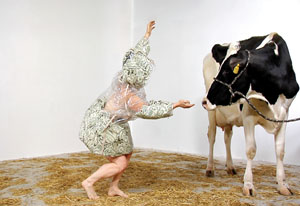The MLSC, charged with distributing some $1B over a ten year period, invested $48.5 M...
Anita M. Harris
Through these photos, taken at Lorne Beach in Southern Australia, I hope to share my amazement...
I left meetings of Women and Energy and Seltzer Design feeling feeling enlightened, energized and...
The DeCordova's setting, gardens, outdoor sculptures and provocative art on this early spring day were well worth...
CBS Evening News Exec: At the recent G20 Summit, "when [Obama] stood up, it was a proud...
Was surprised last night when two Pulitzer prize winning journalists locked horns on WGBH-TV's Greater...

